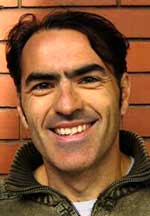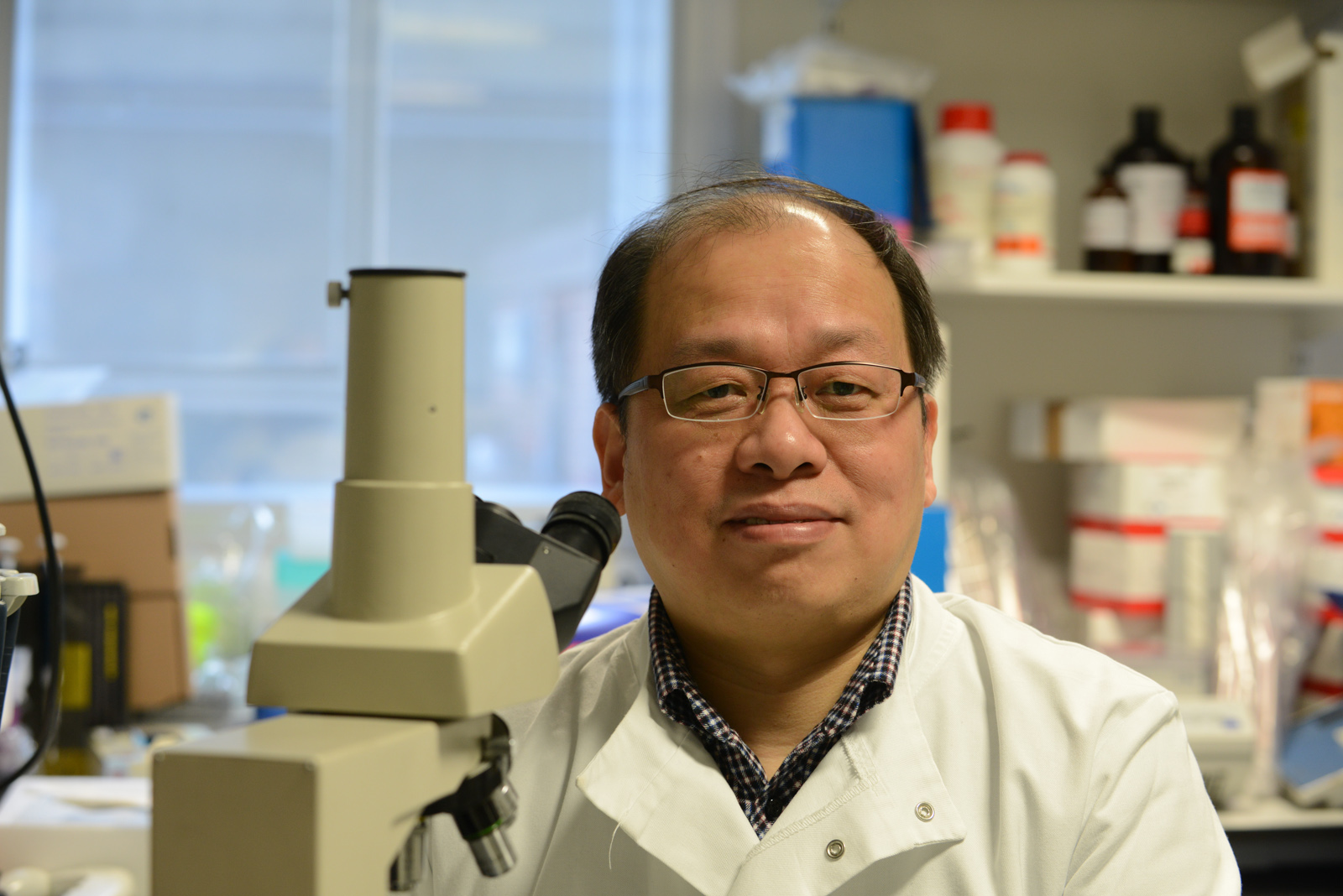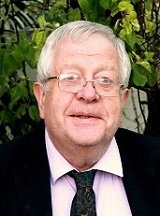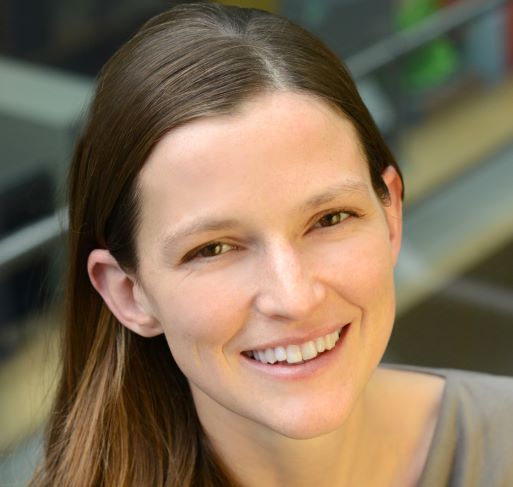
Dr Bart Cornellisen
Dr Cornelissen’s project aims to detect pancreatic tumours earlier and evaluate treatments faster using imaging equipment routinely used in hospitals.


Dr Cornelissen’s project aims to detect pancreatic tumours earlier and evaluate treatments faster using imaging equipment routinely used in hospitals.

Professor Falasca is exploring the role of a signalling molecule called p110gamma in pancreatic cancer.

Dr Crnogorac-Jurcevic is developing a urine test to detect early-stage pancreatic cancer.

New research, building directly on a previous study funded by PCRF, has found a possible way to target one of the factors that makes pancreatic cancer so aggressive: pancreatic cancer stem cells.

We’re very happy and relieved to report that Jack Alexander and his 5 team-mates safely – and rather swiftly it seems! – completed their 45km swimming relay challenge around Hong Kong Island in 12 hours and 3 minutes on 19 October, after a typhoon forced them to postpone their first attempt.

A team of researchers from Queen Mary University of London and Zhengzhou University in China have taken the first steps towards the development of a vaccine for pancreatic cancer.

The Leeds RAG Fashion Show – the annual flagship event in the calendar of Leeds University Union’s charity fundraising society – takes place on 28 February 2019, with PCRF as one of its nominated charities.

Professor Martin Clynes’ research project will look at molecules within our cells, called microRNAs, that control the production of proteins. He aims to see if they can be manipulated to change how pancreatic cancer cells behave. He will also see whether certain miRNAs are found at sufficient levels in pancreatic cancer patients’ blood to be used to monitor the progress of treatment.

Results of a study funded by PCRF have shown how ‘machine learning’, a branch of artificial intelligence, has the potential to identify which people are more likely to develop pancreatic cancer up to two years before they are diagnosed.

Professor Marshall’s previous PRCF-funded research showed that the molecule alpha-v beta-6 (αvβ6), which is abundant in around 80% of pancreatic cancers, drives the spread of the cancer to other organs. This new project will examine how αvβ6 causes the cancer to spread and will test two different types of drugs that he has been developing to stop αvβ6 working, and determine when and how best they could potentially be used for patients.